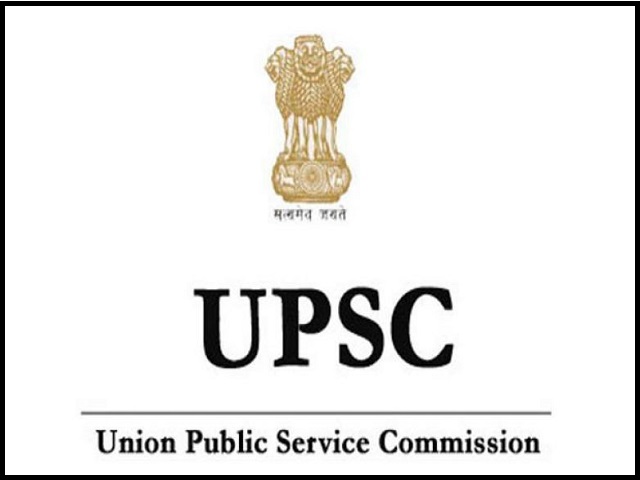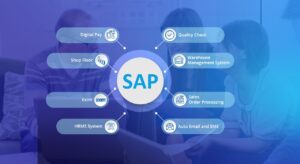
One of the highest grade examinations conducted in the country is the UPSC Civil Services Examination. Lakhs of candidates appear for this exam annually, and less than a thousand get provisionally shortlisted to join various Government Ministries and Departments. Of these candidates, only a top few qualify to join the Indian Administrative Service (IAS).
The IAS Exam is highly sought after, and cracking the UPSC CSE opens the door for aspirants to enter the Indian bureaucracy. Union Public Service Commission is the conducting body for this examination and candidates can learn more about the background, meaning, and history on the UPSC Full Form page.
Further in this article, we provide you with 8 facts that are extremely important from the exam perspective and must be familiar to every aspiring candidate.
UPSC IAS – All You Need To Know
- Academic and Social Background – It has generally been alleged that only people from specific social backgrounds, or extremely intelligent students can crack the civil services exam. This is a myth. Candidates from any social or economic background, with proper preparation strategy and hard work, can crack the UPSC exam. Their past academic percentage does not make a difference.
- Eligibility Criteria – There are four main factors that determine who is eligible to appear for the IAS Exam.
- The candidate must be an Indian citizen
- Age must be between 21 and 32 years, with age relaxation for certain categories
- A minimum of a bachelor’s degree from a recognised university
- There is a fixed number of attempts that are clearly specified in the official notification. These attempts vary for candidates from different categories
- Different Stages of the Exam – The UPSC Exam is conducted in three stages:
- Prelims Exam (Objective Type)
- Mains Exam (Descriptive Type)
- Personality Test (Interview)
- Optional Papers Do Make a Difference – Candidates get to choose a optional subject for the IAS Mains exam. This must be chosen wisely as it can greatly affect the aspirant’s overall scores. It is advised that one must take their personal choice and past trends into consideration, while selecting the optional subject.
- IAS Officer Training – After final selection, the Officer Training of an IAS Officer is conducted at Lal Bahadur Shastri National Academy of Administration (LBSNAA) in Mussoorie. It includes Bharat Darshan (a tour of India) and District training.
- Different Posts under the UPSC Exam – The civil services exam is conducted to appoint candidates into the All India Services (IAS, IFS, IPS), and Group A and Group B Central Services.
| Group ‘A’ Central Government Services | Group ‘B’ Central Government Services |
| Indian Revenue ServiceIndian P&T Accounts & Finance ServiceIndian Customs and Central Excise ServiceIndian Audit & Accounts ServiceIndian Ordnance Factories ServiceIndian Defence Accounts ServiceIndian Postal ServiceIndian Defence Estates ServiceIndian Civil Accounts ServiceIndian Railway Account ServiceIndian Railway Traffic ServiceIndian Railway Personnel ServiceRailway Protection ForceCentral Industrial Security Force | Delhi and Andaman & Nicobar Islands Civil ServiceDelhi and Andaman & Nicobar Islands Police ServiceCentral Secretarial ServiceArmed Forces Headquarters Civil ServiceRailway Board Secretariat ServiceCustom Appraisers ServicePondicherry Civil Service |
- Coaching is Not Mandatory – A lot of aspirants drop the idea of appearing in the UPSC CSE because they are not able to avail a coaching class. However, it must be understood that with the correct approach, appropriate study material, dedication and hard work, anyone can crack the exam. Coaching is only useful as it provides the base, assists with the preparation strategy and clears doubts, if any.
- UPSC Syllabus – It is no hidden fact that the syllabus for UPSC is extremely comprehensive and covering it comprehensively is not an easy task. Thus, once the official notification is released, candidates must carefully analyse the syllabus and then accordingly start the preparation. A smart strategy must be followed and the focus must be on topics of importance.
Aspirants can check the detailed UPSC Syllabus for the IAS Mains and Prelims examination in the linked article. This will provide a better understanding of how to strategize preparation and excel in the examination.
Since registrations for UPSC 2021 recruitment are already complete, candidates looking to appear for the upcoming examination must refer to these facts and then kick start their preparation now. Sufficient time needs to be devoted for the best possible results considering the tough competition.













